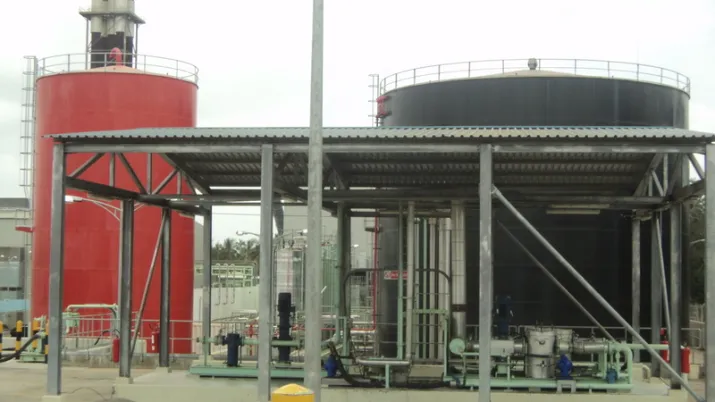News
Development in Africa through mobile money democratization
Mobile money, an African success story, offers numerous benefits, particularly to those who do not have access to banks. Its first phase has facilitated access to and transfers of cash, but there is m...
Published on
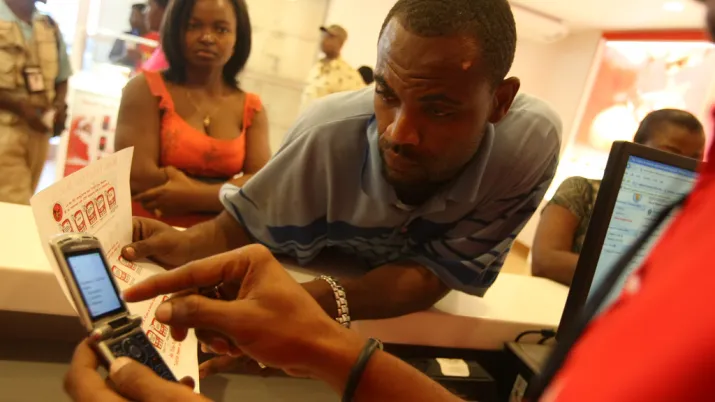
Harnessing non-state education providers through innovative financing
If properly harnessed, the non-state education sector has the potential to improve access to quality education services for the poor. Significant gaps remain among governments and donors in developing...
Published on
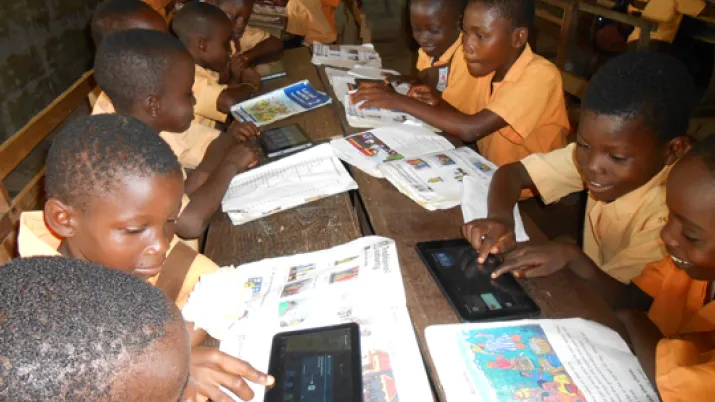
Outlook and key factors for the development of pan-African banking groups
In Africa, public-sector banks have more or less disappeared and international institutions have partially withdrawn from the continent – facilitating the emergence of pan-African banking groups whose...
Published on

An innovative model for basic education in Peru
Delivering quality in basic education remains a challenge for Peru. Innova Schools is tackling this through a fast growing programme that will, by 2020, cater for up to 70,000 students. This requires...
Published on
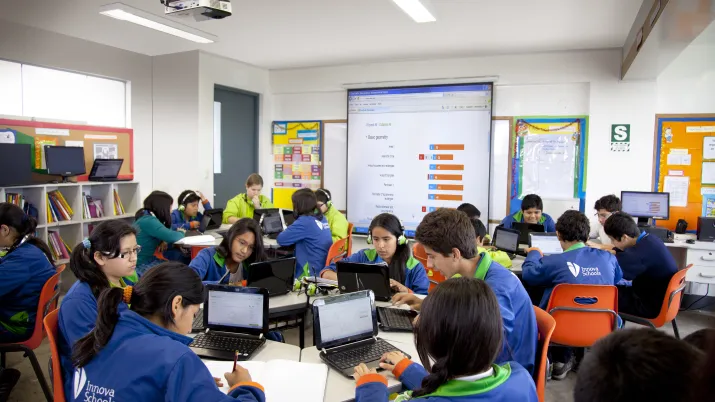
Rural electrification in Africa: An economic development opportunity?
Electricity is expensive and difficult to access in Sub-Saharan Africa. Improving infrastructures would accelerate the electrification of rural areas but requires a high level of funding. Decentralise...
Published on
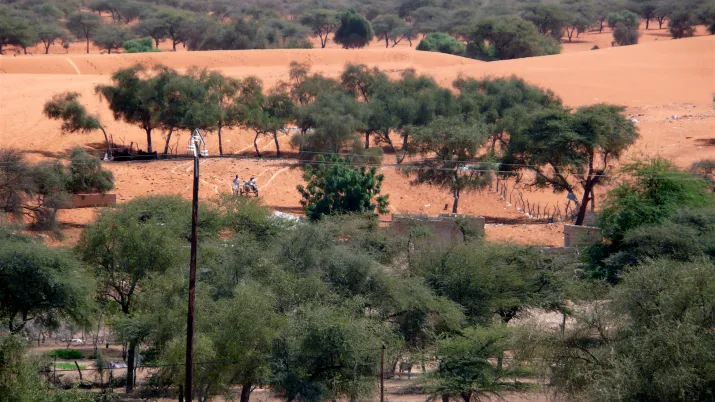
Decentralised Services Companies: innovative partnerships for rural electrification in Africa
Sub-Saharan Africa has the lowest electrification rates of all developing regions, and its rural areas are the most poorly provisioned of all. To meet this specific challenge, EDF and its partners hav...
Published on
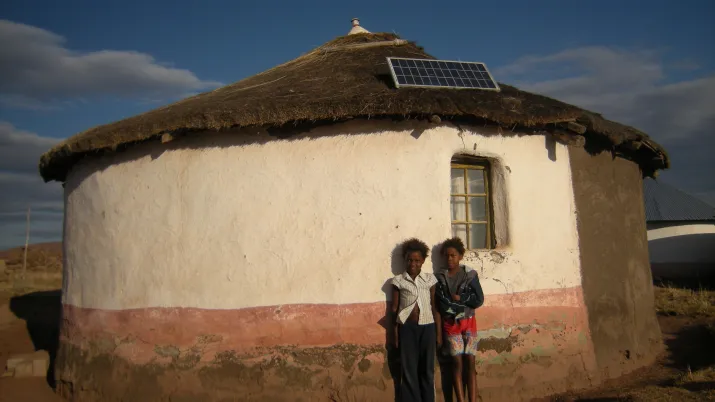
The Philippines: a public-private partnership for educational development
In 2016, the Philippines will bring its educational system in line with other Southeast Asian countries, adding two years of senior high school. Building on the experience of a public-private partners...
Published on

Adding value at source in West Africa – a win-win-win scenario
Anthony Pile sets out to show that business opportunities abound in developing Africa, and not just because the cost of labour is relatively low. Indeed, he argues that, despite some local difficultie...
Published on
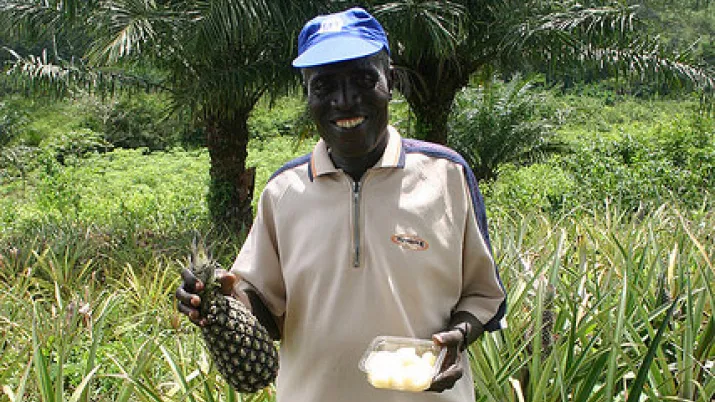
Growing a Business in a Growing Industry
Sub-Saharan Africa contains 11 % of the world's population but bears 24 % of the global disease burden¹ (World Bank). A recent the International Finance Corporation (IFC) study, with McKinsey, estimat...
Published on
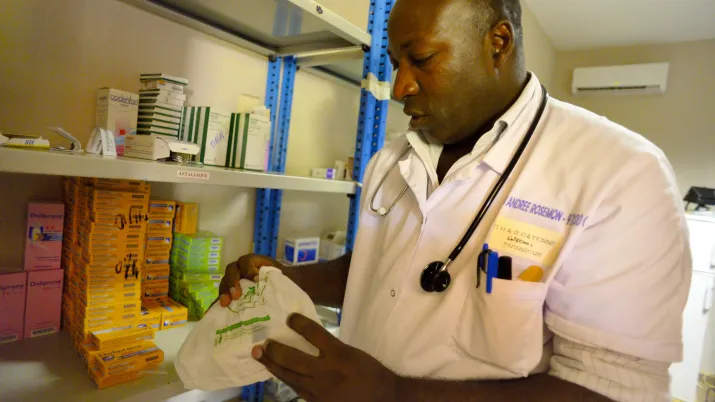
The complex challenge of building a home loans market in Ghana
Inadequate real-estate supply and the absence of a deep capital market have hampered the development of the home loans market in Ghana. The rapid success of Ghana Home Loans, which now provides nearly...
Published on

Regulated rental sector can meet the urban housing challenge
Governments in developing countries have rightly promoted homeownership as a way of alleviating poverty. But, faced with rapid population growth and the prospect of millions ending up in slums, they m...
Published on
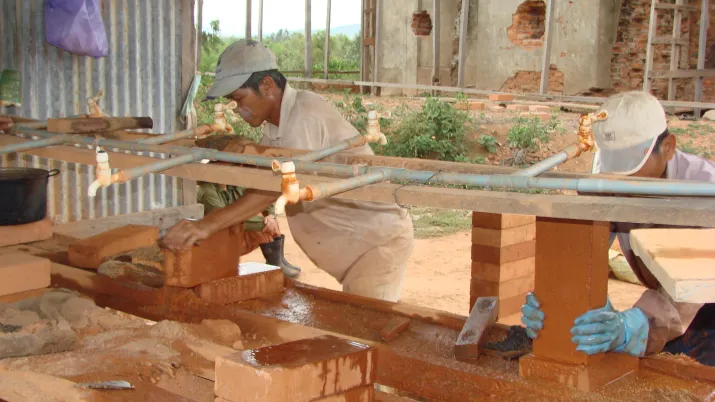
A new generation of real-estate developers focusing on low-income housing
Developers who want to enter India's affordable housing market face many obstacles. But with an estimated market value of USD 245 billion, the sector is attracting growing interest. Tata Housing, one...
Published on
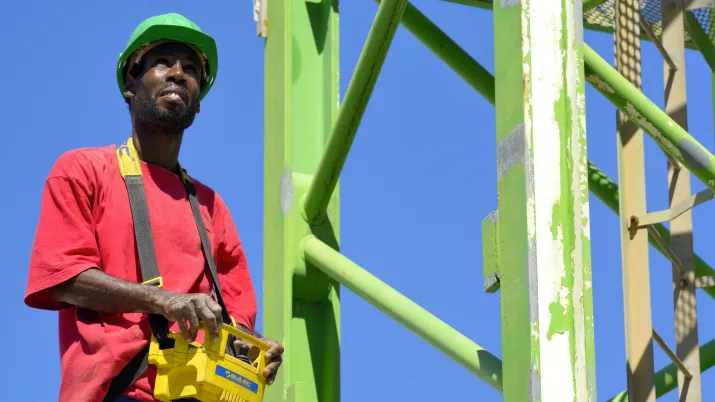
Housing the world: leveraging private-sector resources for the public good
By 2030, around 3 billion people in the developing world will need housing. That means 565 million new units, adding to the current gap of more than 400 million homes. Building these will provide much...
Published on
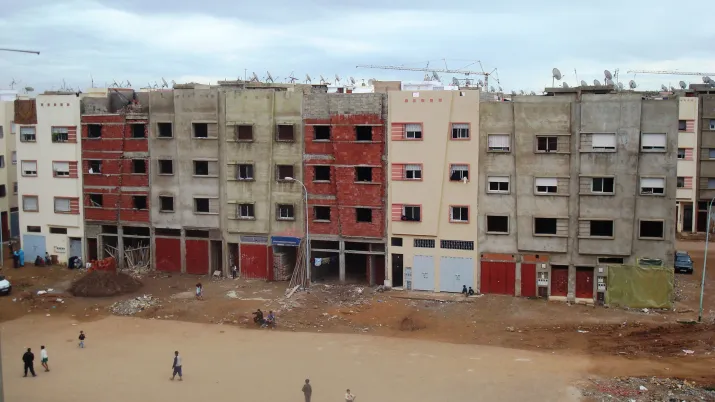
Developing renewable energies in Africa: a public-private partnership
Likewise mobile phone for telecommunication, is sub-Saharan Africa on the verge to leapfrog conventional energy and move straight to renewable energy (RE)1 to address requirements for capacity additio...
Published on
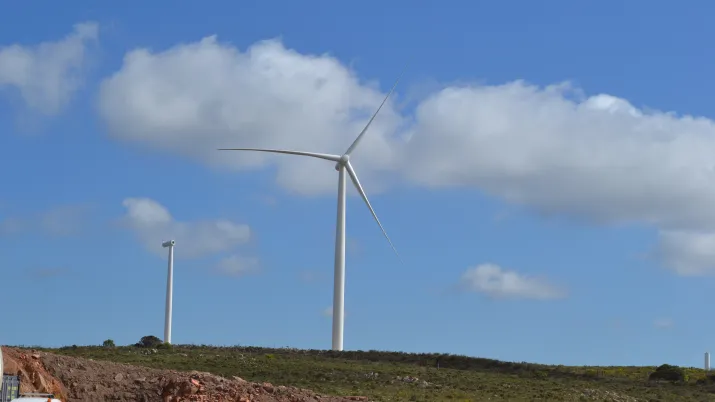
Mining, the key to unlocking Africa's independent power producer markets
The size of power needs in most African countries and the investment required limits the number of projects that can realistically be funded in-country. The private sector could help, particularly whe...
Published on
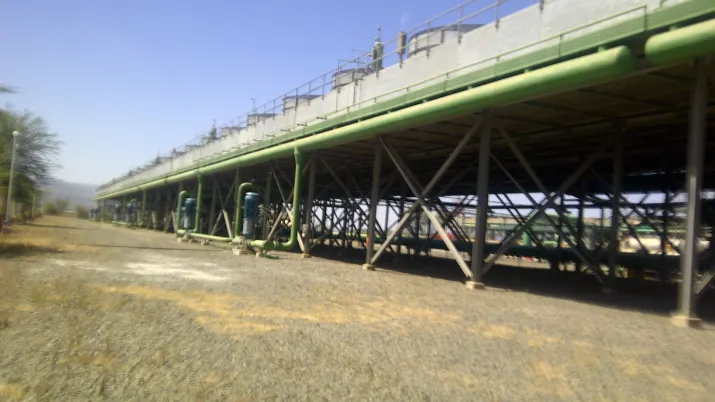
Assessing the impacts of new IPPs at country level? Case study on Kenya
Independent power producer (IPP) investments are making a real contribution to increasing the provision of electricity in Kenya, and in reducing outages. This analysis demonstrates the development pot...
Published on
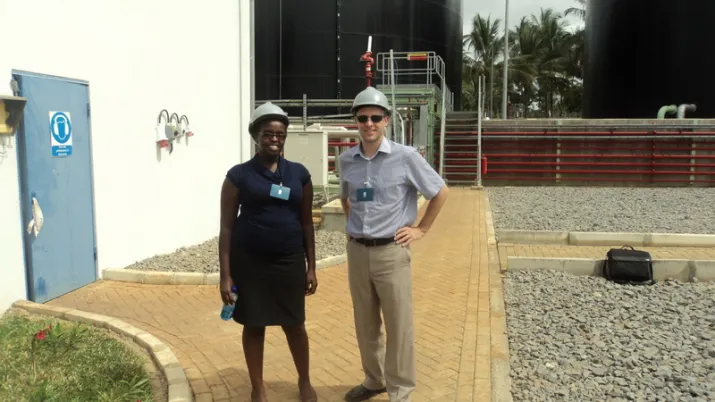
Driving growth by providing economically sustainable power
Globeleq focuses on independent power projects (IPPs) in the emerging markets of Africa and Central America. The company is dedicated to enabling growth; the good performance of its operations; delive...
Published on
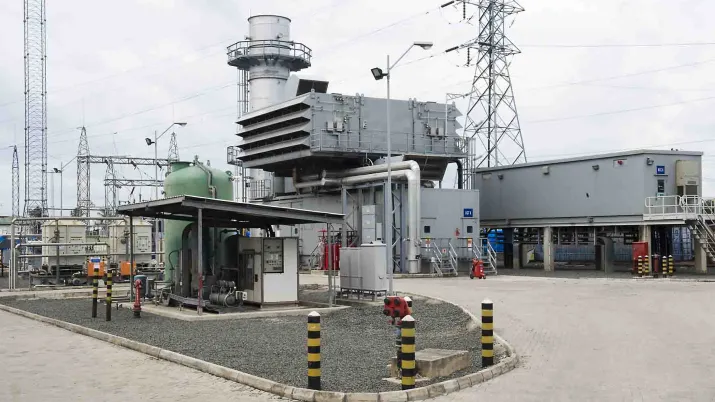
An inconvenient truth
Raising sub-Saharan Africa's electricity availability per person to the level of lower middle-income countries would potentially cost an unaffordable USD 400 billion. Private capital could help contri...
Published on
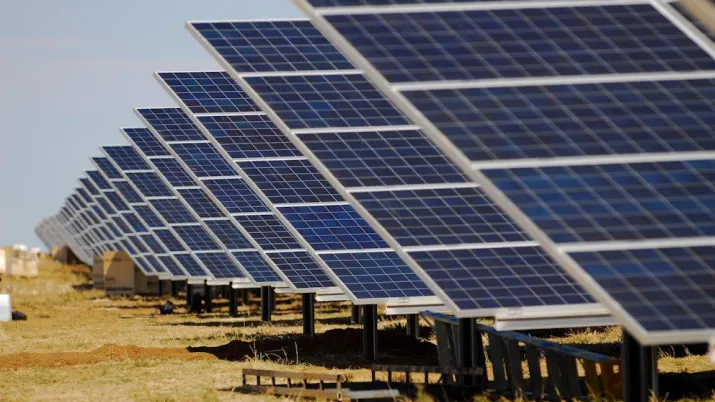
Independent power generation: the Ivoirian model
Côte d'Ivoire was one of the first countries in sub-Saharan Africa to privatise its electricity sector and, today, independent producers play a significant role in the country's electricity generation...
Published on
